New Study Reveals Why Sharks Are Essential to Ocean Health
A new study led by marine biologist Michael Heithaus from Florida International University has revealed the vital role sharks play in ocean health.
Published on Friday, this research highlights how sharks are crucial for maintaining balanced and thriving marine ecosystems.
The Diversity of Sharks
With over 500 species, sharks are found in a wide range of habitats, from polar waters to the equator.
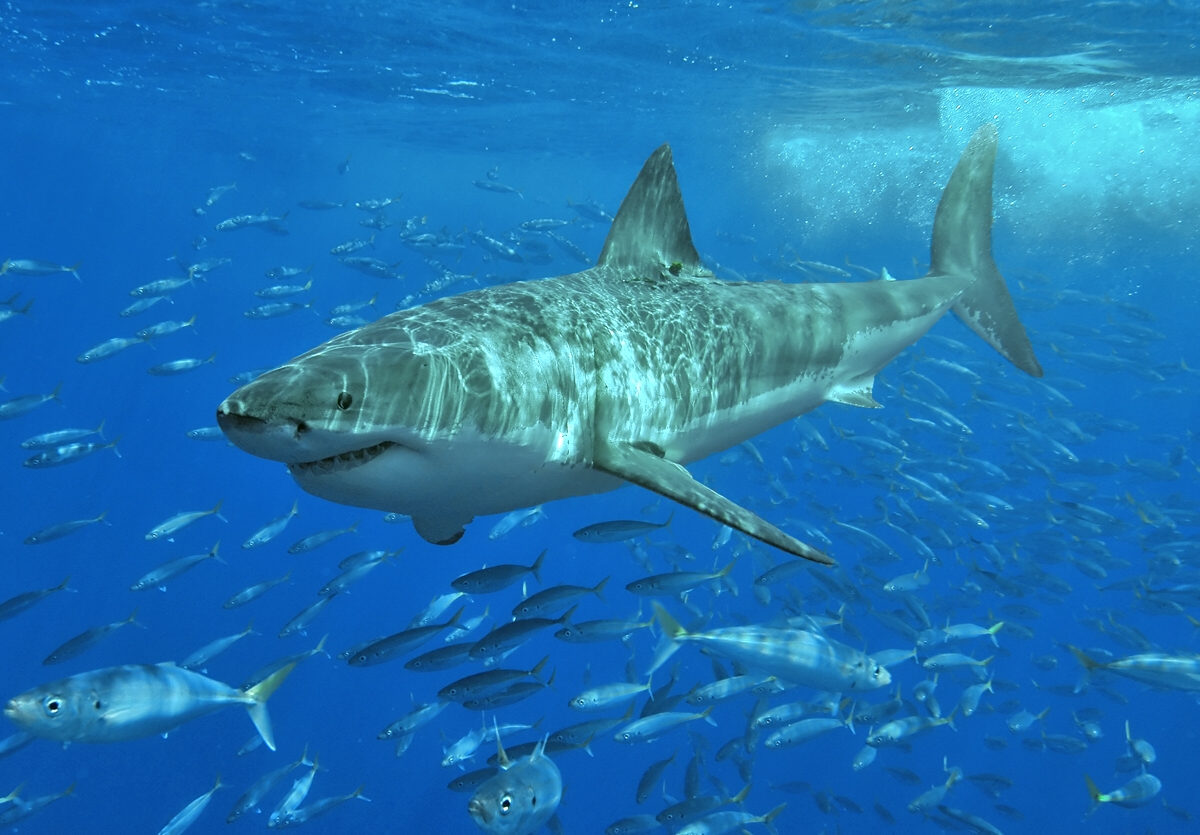
Source: Wikimedia
This incredible diversity allows sharks to impact various marine environments uniquely, showcasing their importance across the globe.
Critical Ecological Functions
Sharks serve essential ecological functions, acting as apex predators that help maintain the balance of ocean ecosystems.
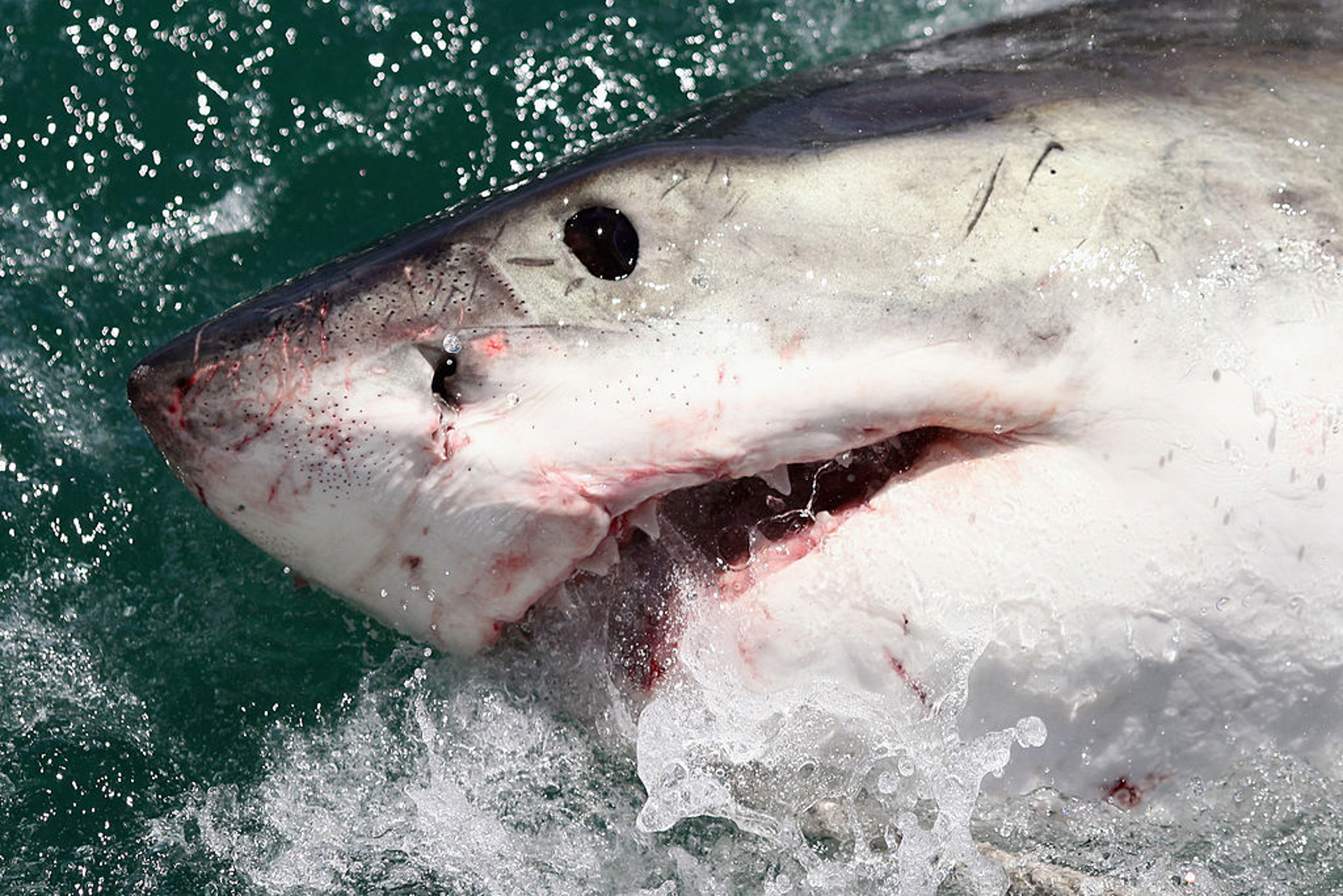
Source: Getty Images
Their presence influences the behavior and population of other marine species, ensuring a healthy and dynamic marine environment.
Decline in Shark Populations
Despite their importance, global populations of sharks and rays have decreased by over 70% in the past 50 years.

Source: The Benioff Ocean Science Laboratory
Overfishing is the primary culprit, posing a significant threat to ocean health by disrupting these crucial predator-prey relationships.
Impact of Tiger Sharks on Seagrass
Tiger sharks play a key role in shaping seagrass ecosystems.
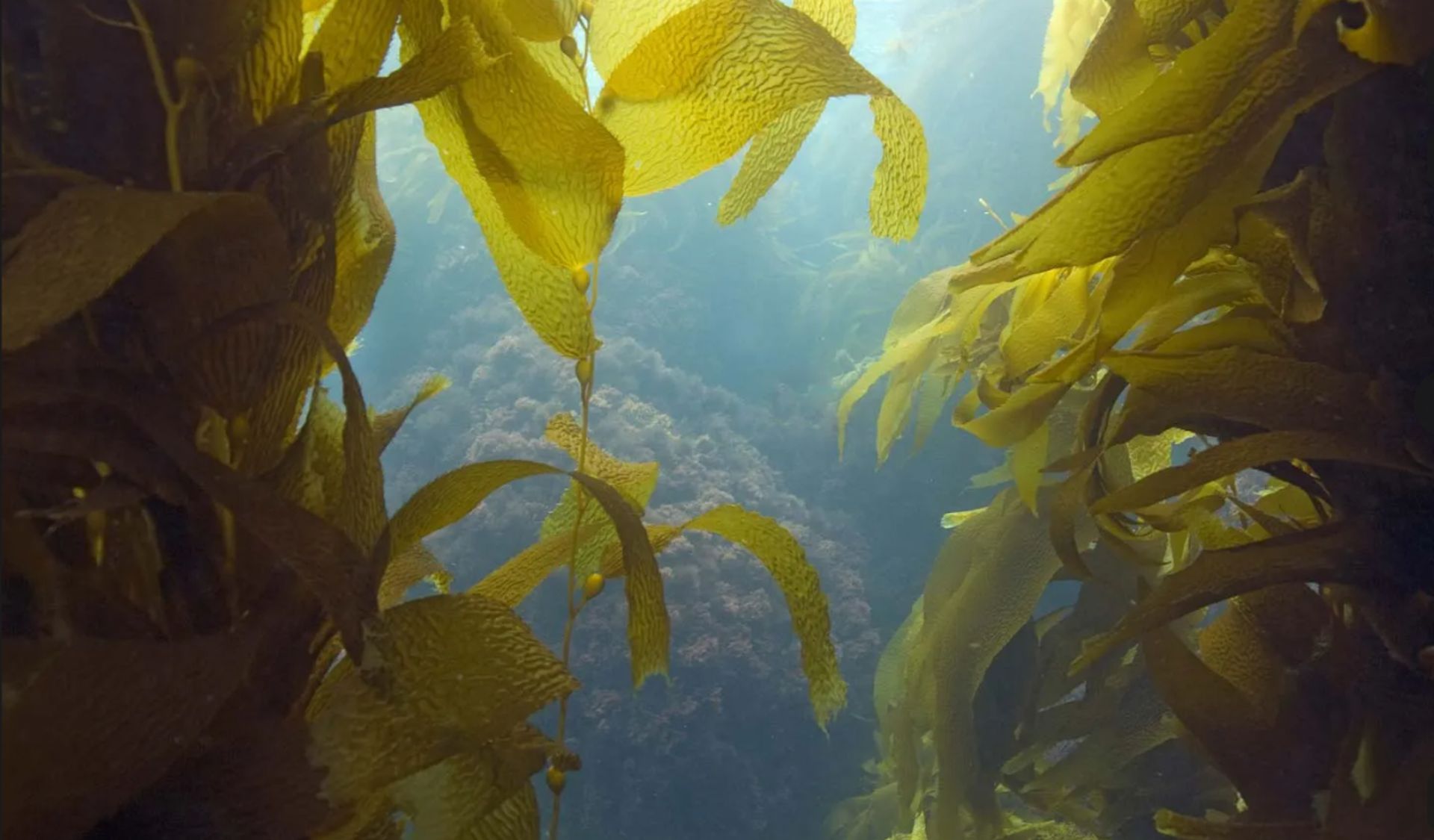
Source: Britannica
By deterring large grazers like sea turtles and sea cows, they allow seagrass to grow thick, providing habitats for juvenile fish and shellfish, which are essential food sources for many marine species and humans.
The Bermuda Example
In Bermuda, the absence of tiger sharks has led to an explosion in turtle populations, causing a near-total collapse of seagrass beds.
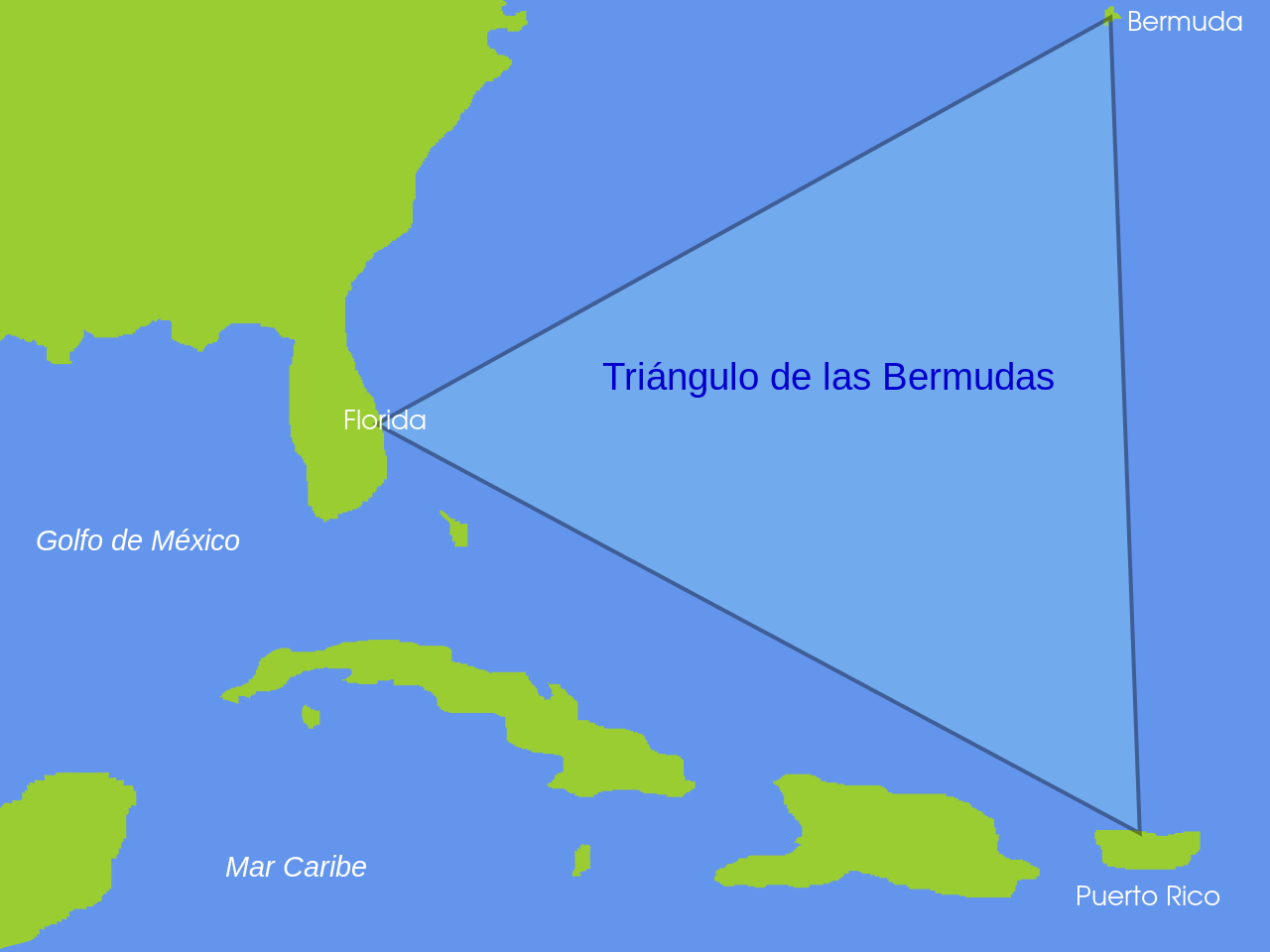
Source: Wikimedia
This example illustrates how critical sharks are in maintaining the balance of marine ecosystems.
Sharks and Coral Reefs
Sharks also contribute to the health of coral reefs by preying on mid-level predators.
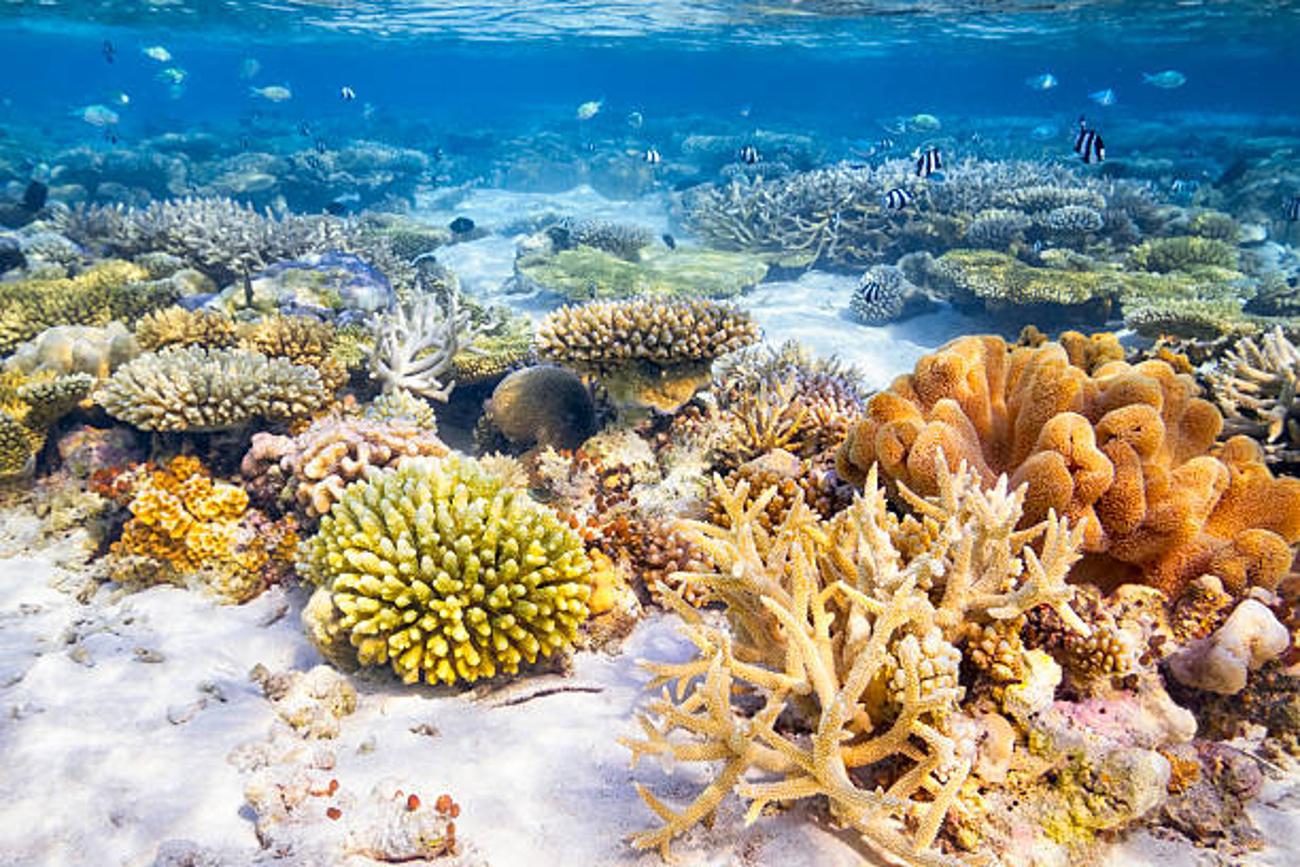
Source: iStock
This predation allows herbivorous fish to thrive, which in turn helps control algae growth and maintain the health of coral reefs.
Long Lifespans and Vulnerability
Sharks, particularly large species, can live for decades or even centuries.
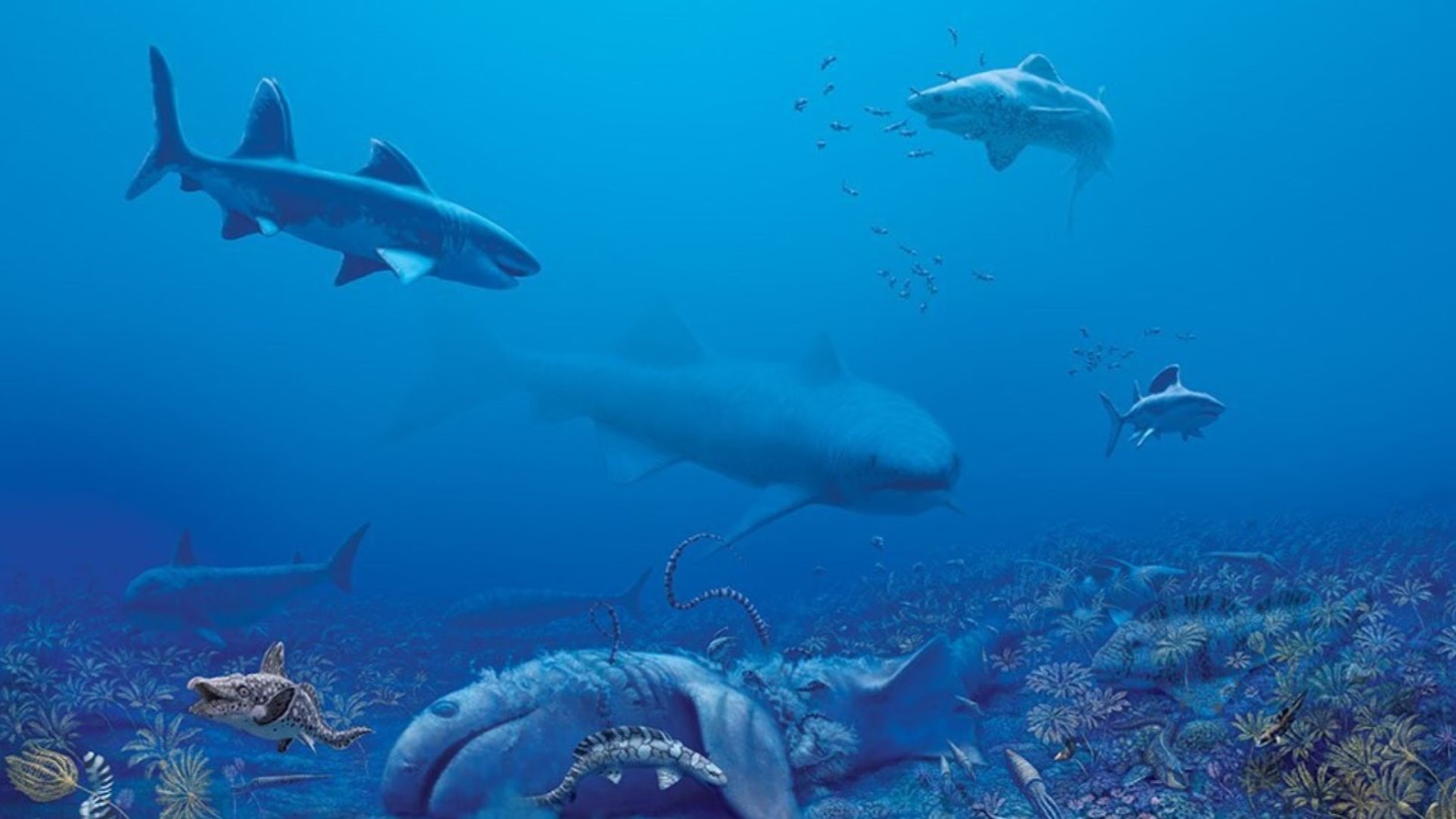
Source: Julius Csotonyi/NPS
However, their slow growth and low reproductive rates make them especially vulnerable to overfishing, making it difficult for populations to recover.
Conservation Efforts Needed
Heithaus stresses the need for nations to implement protective measures for sharks.
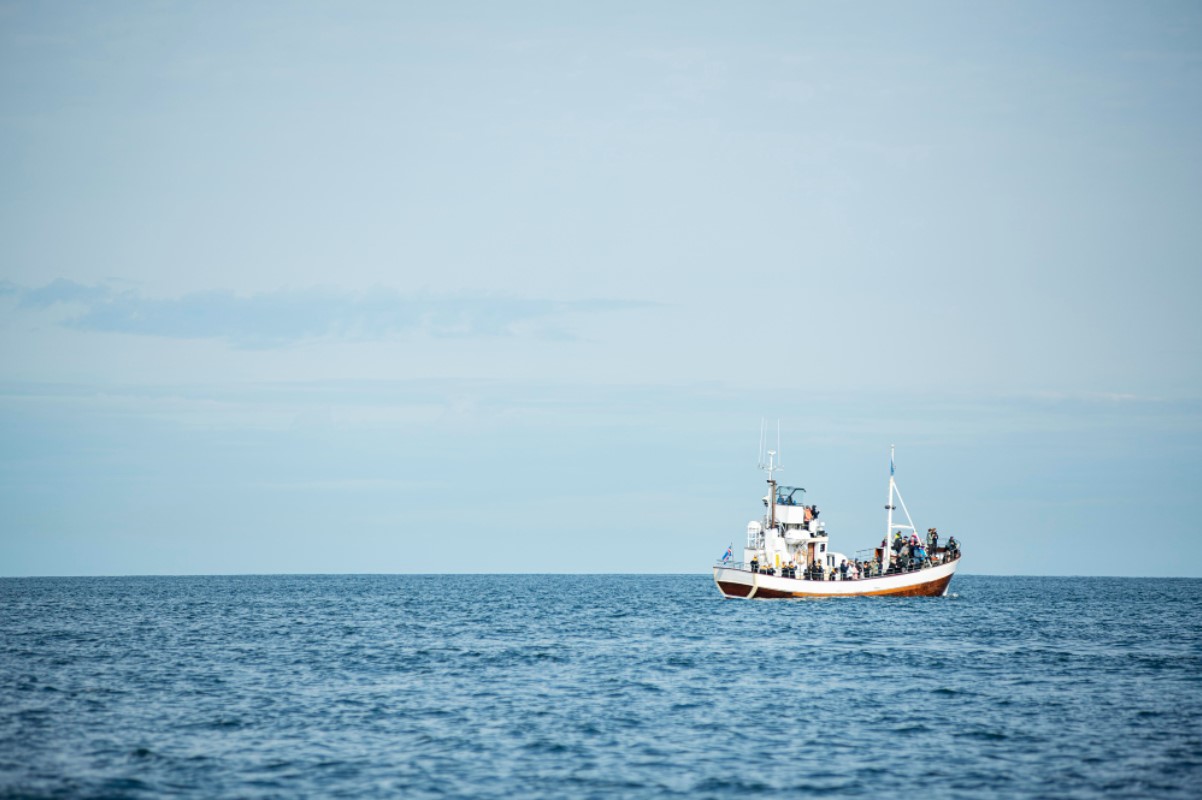
Source: Freepik
By safeguarding these key species, we can help ensure the health and stability of our ocean ecosystems for future generations.
International Collaboration
Protecting sharks requires international collaboration and strict enforcement of fishing regulations.

Source: Cytonn Photography/Pexels
Countries need to work together to create and uphold policies that prevent overfishing and protect critical shark habitats.
The Role of Marine Protected Areas
Establishing marine protected areas (MPAs) can provide safe havens for sharks and other marine life.
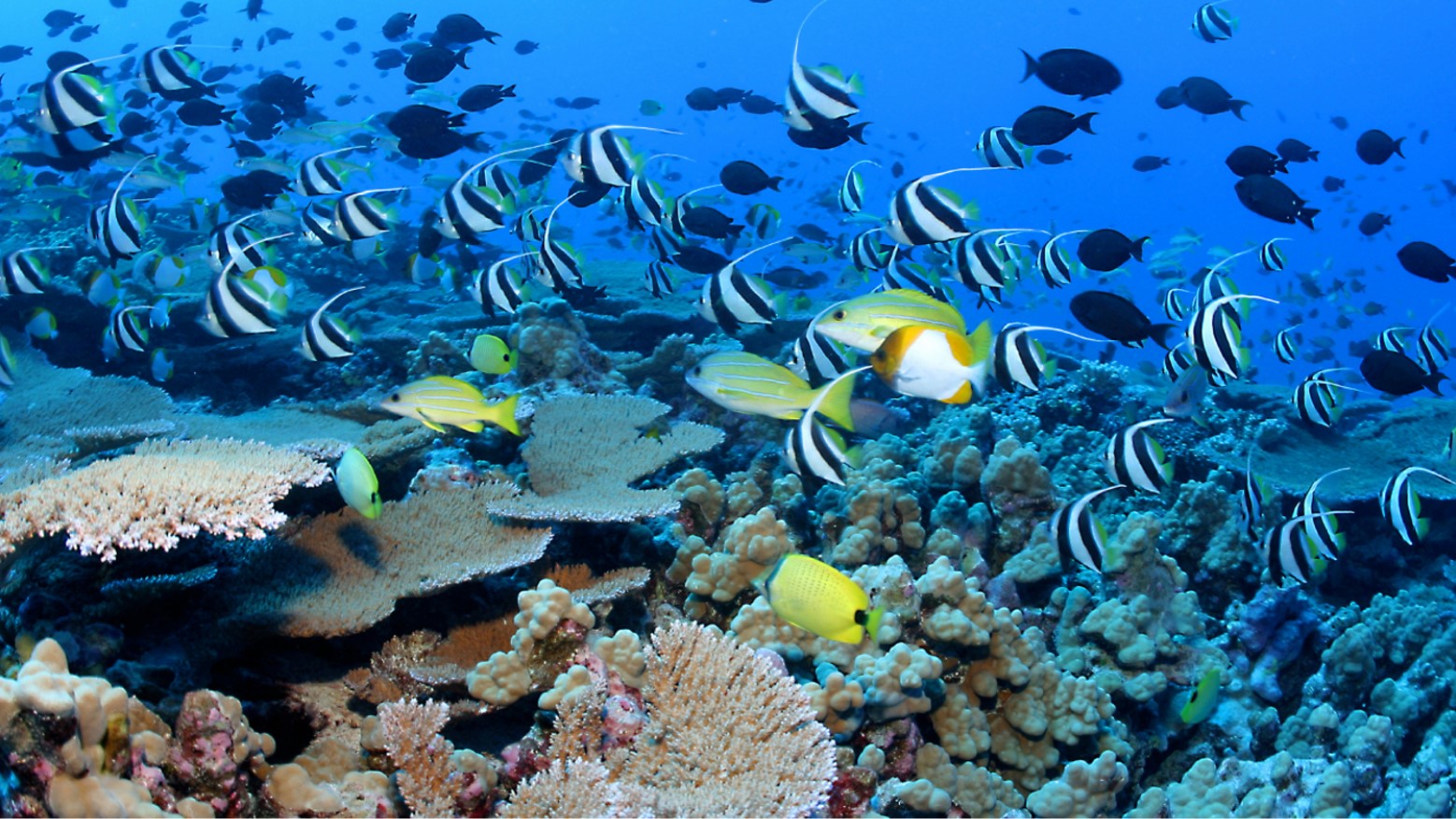
Source: NOAA
MPAs can help restore shark populations and allow ecosystems to recover from the pressures of human activities.
Sharks as Ocean Guardians
Sharks are more than just fearsome predators; they are guardians of the ocean’s health, as evidence by Heithaus’ study.
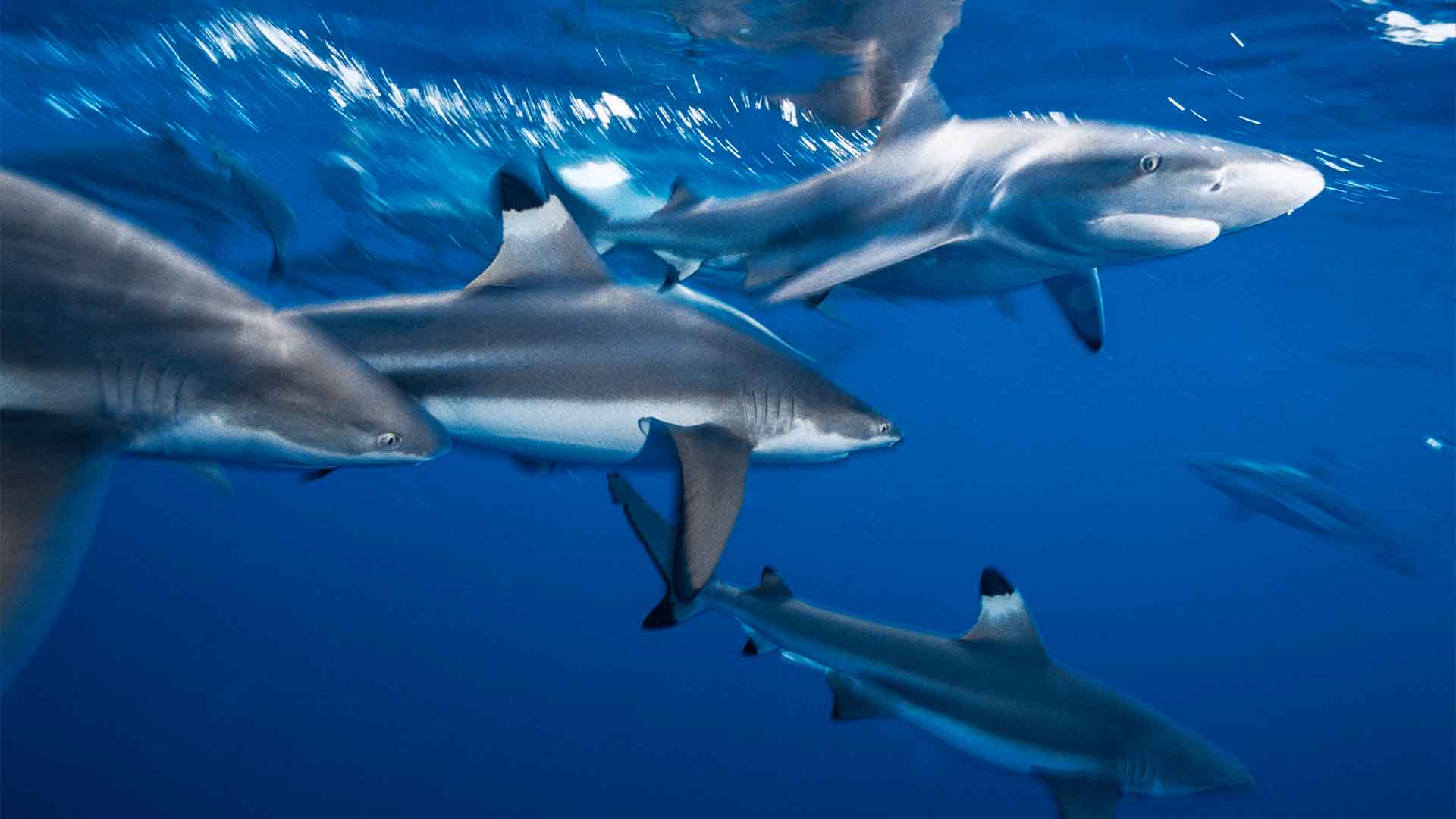
Source: Alexis Rosenfeld/Getty Images
By understanding and protecting these remarkable creatures, we can help preserve the intricate balance of marine ecosystems and ensure the vitality of our oceans for generations to come.
